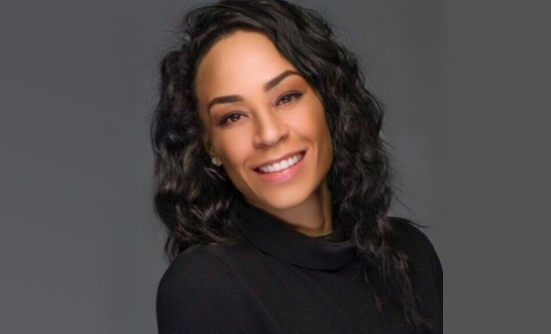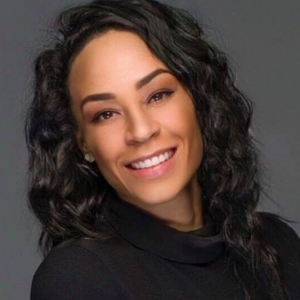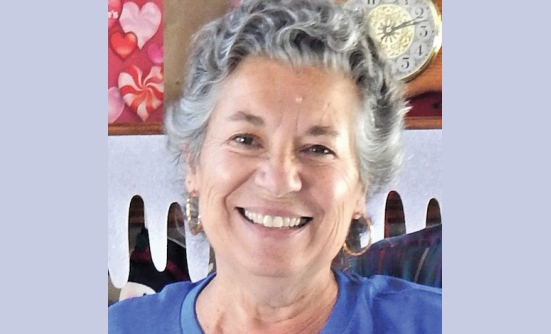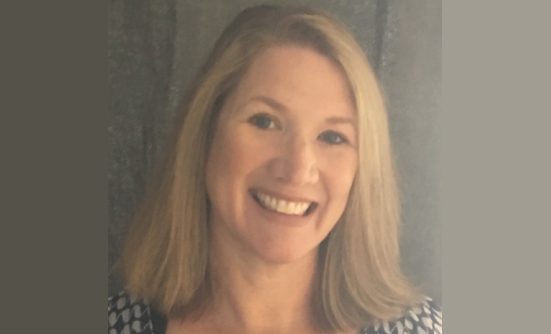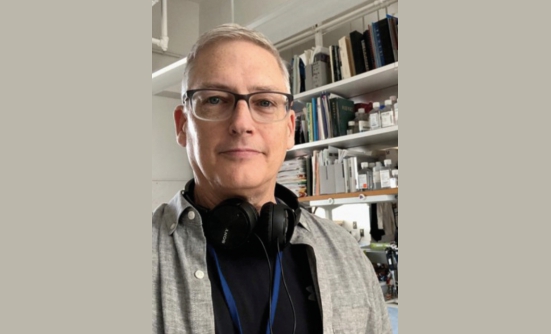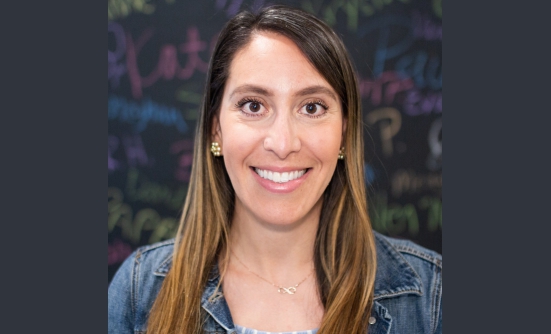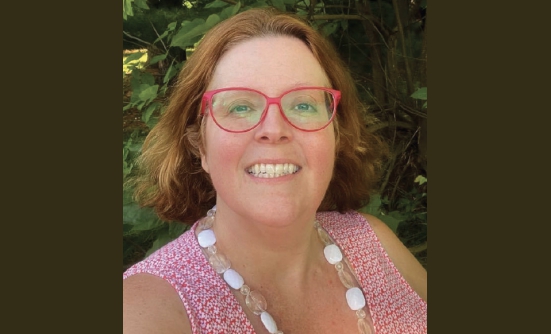I am always asked how I did it. “How in the hell did you survive Ewing sarcoma?” How did I muster up the strength to live, when everyone around me was throwing in the towel? The truth is, I am not too sure. I mean, the odds were stacked against me, but something inside would not allow me to give up. I could not afford to be a victim twice.
Yes, I was a victim of cancer, but I did not want to become a victim to the cancer diagnosis and give up my life. In 2009, I was diagnosed with stage IB Ewing sarcoma in my left inner leg (groin area), which resulted in the removal of my entire adductor muscle. Because the doctors did not know if the cancer had spread to my bones, they initially believed my prognosis was poor.
The overall 5-year survival of this cancer is about 66%. I had the option to surrender to the doctor with the degrees and experience and to what he thought, or to ignore him and enforce my will to live instead. I understood the diagnosis but wanted nothing to do with the initial prognosis.
I think we all have that “thing” inside us, that fire that drives us to fight through the heat or to crumble and be devoured by the flames. Either way, we make a choice, and I believe that what we continuously think about will be the eventual outcome.
Our Thoughts Have Power
I believe that our thoughts have power, and our thoughts can be measured by the frequencies they emit. If we focus on the bad, more upsetting events will occur. If we think positive thoughts and focus on the good, those thoughts will manifest in our lives. I believe that this belief is what helped me survive.
Even in my darkest hours, I saw myself living and beating this. I felt the emotions of victory even when I felt deathly ill. I never let my condition stop me, hinder me, or blind me.
While I was sick, I knew I had to make some mindful decisions, and make them quickly. What I understood from the beginning was the power of my mind, my thoughts, and the signals I was giving my body.
I began to read about holistic approaches to health while I was receiving chemotherapy, and I discovered the following elements that I attribute to my survival:
- Institute a new diet
- Listen to yourself
- Have a reason to live
- Control your health
- Discover mother nature
- Focus on the positive
Eating for Health
Before I had cancer, I ate nearly everything and did not think twice about it. I enjoyed steak, chicken, pork, turkey, and seafood. I ate dairy and loved sweet, sugary foods. I had no restrictions on what I consumed. I was not educated about the nutritional value of food (or the lack of it), nor did I question the things I ate while growing up.
But when your life is shaken to the core, you begin to question everything. While doing my research, I discovered that meat takes much longer to digest, for several reasons, and that cancer thrives in sugar. I quickly decided that I did not want any meat staying in my system for 47 hours, and that I no longer wanted to feed my sweet tooth.
I drastically decreased the amount of meat and refined sugar I consumed. In 2011, I quit eating beef, pork, chicken, turkey, and dairy. Today, I eat fish once a week, and stick to natural and organic sugars. My goal is to transition to an alkaline diet.
What Does Your Body Say?
During my chemo treatment, I was very tired. I did exactly what my body wanted. I slept a lot, and on the days that I was not exhausted, I stayed up. I listened to my body and gave it whatever it needed. I recall that after treatment, I would be starving for the strangest things: I had the appetite of a pregnant woman. I would binge on protein and on whatever else I wanted at that moment.
Living for a Purpose
Often, when we are faced with a tragic or traumatic event, we think that life is over, and that we must throw in the towel. We cannot see past the current situation and often get lost in the clouds of depression. It is very important to have a reason to live, to not give up on yourself.
I followed this belief in many ways, but 2 things stick out most in my mind. One was buying my Chrysler 300 back in 2009. I was very ill, and the car sales lady did not want to sell me the car, but I convinced her that I needed this car to look forward to, and to give myself a sense of responsibility that would keep me alive. When I drove home in my new car, I kept saying to myself, I have a new car now, and I must be alive to make this car payment.
The other reason was living to watch my nephew Donavin grow up. I was profoundly disturbed and upset that my life would be taken away, and that Donavin would not know me. I made it a point to stay alive, to watch him grow up. Those 2 reasons, among others, gave me the drive to live.
Finding something you want to live for, and making it your responsibility to see it through, is a good starting point.
Controlling Our Health
I have always been a very active person. I grew up playing sports my entire life—soccer, basketball, swimming, track, softball, ice skating. You name it, I played it. I have always taken great pride in being an athlete and being fit.
After my diagnosis, I received 6 different chemotherapies, 5 days on and 8 days off for 9 months. Can you imagine being 24 years old, sick, and having terrible hot flashes every 15 minutes? It was pure torture. Undergoing chemo reduces the amount of estrogen and throws young women into early menopause. Therefore, in addition to chemo, I received a shot of the drug Lupron, which is used to help preserve a woman’s eggs. But I have been infertile since I stopped chemo, which means I cannot have my own children.
This type of treatment results in severe side effects, and the best way to combat those side effects is working out and eating right. Based on my experience, after all the rounds of chemo and the Lupron shots are done, it is essential to detox on a cellular level. Sweating, along with other healthy habits like “eating clean,” helps to regulate the body.
I have incorporated an excellent regimen that I stick to on a regular basis—sauna for 30 minutes and cardio exercises for 30 minutes for 3 to 4 days a week.
Discovering Mother Nature
Most of us are used to buying medicine from the store. Being a cancer survivor can cost a pretty penny, especially when the side effects linger longer than we want, and the doctors’ bills and prescriptions become too expensive to maintain. Then what?
Well, I bet you have all you need in your spice cabinet to fight some of these side effects. According to different medical sources, many spices and herbs are good for our health. Although you may wish to research this for yourself, here is some information I gained from websites such as WebMD. For example, cinnamon may help to lower blood pressure; sage may improve brain function and memory; peppermint may reduce nausea; turmeric is believed to reduce inflammation; holy basil may boost the immune system; and cayenne pepper contains capsaicin, which may help to reduce appetite.
At the very least, these herbs are less harmful than pharmaceutical drugs and are more affordable. After chemo treatment, I had terrible insomnia and was given 2 sleep aids. Granted, I slept, but the next day, I was very tired and could barely get through the day.
I decided to jump on the herb bandwagon to deal with this problem as well, and I discovered that magnesium aided sleep and anxiety. I began taking magnesium, and I have been sleeping well ever since.
Focusing on the Positive
It can be very hard trying to find the best out of bad situations, but it is possible. Cancer changes our entire perspective on life. It also changes the way we respond to situations. For me, when a bad situation occurs, I look at it as a new lesson, and dissect it from every angle. I create value in it.
Another way I stay on the positive end of the spectrum is by starting my day with positive affirmations and saying why I am grateful. I continue this throughout the day and repeat it frequently.
According to some statistics, I should not be alive today. But statistics are impersonal, and I am a person. We are all different. It is important to understand that if we fall prey to the cancer prognosis without considering that we may have some options and realizing that we may have to change our habits and thinking, this may be a recipe for disaster.
Emotional, physical, and mental change is needed, which opens more possibilities for us. That is where “miracles” are created, right in that sweet spot.




